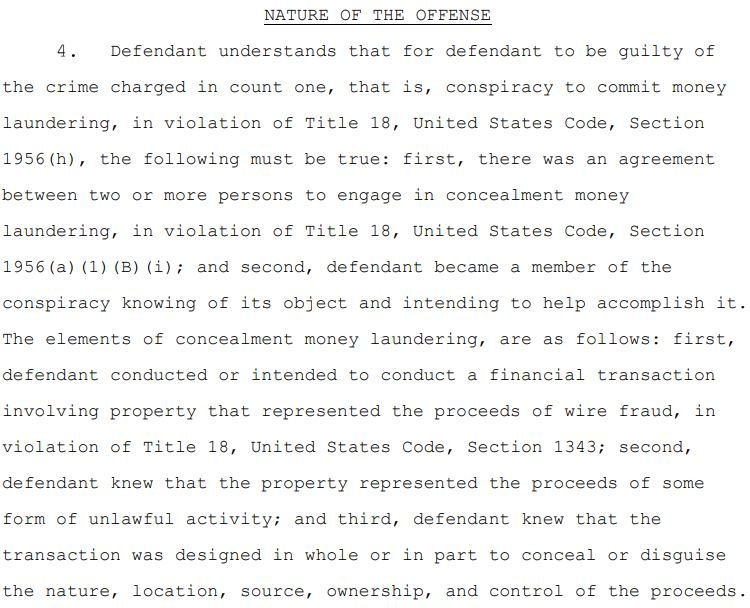A UK-based drug gang has reportedly taken a bold new approach to laundering their illegal earnings—by creating a memecoin and using it for a classic pump and dump scheme.
British Drug Gang Launches Memecoin to Launder Money in Pump and Dump Scheme
According to an investigation reported by the Daily Mail, private investigator Gary Carroll, a drug crime specialist with a law enforcement background, uncovered the operation. The gang allegedly used proceeds from their drug business to hire developers and launch a fake cryptocurrency inspired by the notorious OneCoin scam.
Carroll stated that the coin’s value or technology wasn’t the point. The real plan was to drive hype online, lure unsuspecting buyers, and cash out fast. The gang paid to develop the token and then used the remaining funds to buy into it, planning to sell their holdings once the price rose due to social media buzz.
“They’re not interested in the tech. It’s about creating hype, getting people to buy in, and then dumping their supply for clean-looking money,” Carroll explained.
The operation was designed to make the drug money appear legitimate. If the coin price spiked—even briefly—the gang could dump their tokens and walk away with “clean” profits, leaving regular investors holding worthless coins.
This method, known as a pump and dump, is not new in financial scams, but Carroll emphasized that creating a brand-new memecoin for laundering purposes is a bold evolution in criminal tactics.
Historically, criminals have used major cryptocurrencies like Bitcoin for money laundering. However, due to stricter regulations and increased scrutiny, this route has become more difficult. In fact, in 2024, the UK’s National Crime Agency (NCA) cracked down on several international crypto laundering networks, including Moscow-based operations Smart and TGR.
This case highlights a growing trend where organized crime intersects with emerging technologies, pushing law enforcement to keep pace with increasingly creative financial crimes. This method of pump and dump has been done several times by influencers as well as celebrities and now criminals have also started using such method which is a sign for potential danger.
YOU MIGHT ALSO LIKE: Sui Skyrockets 44%, Flips Chainlink – Can It Smash Into the Top 10 Cryptos?













